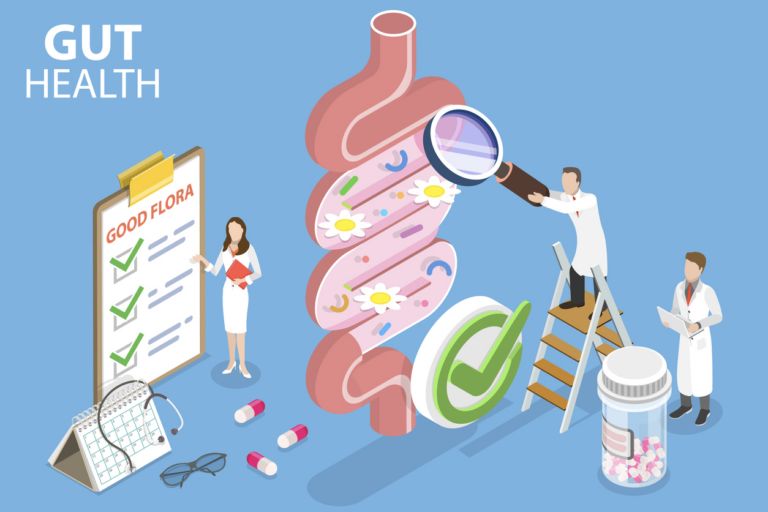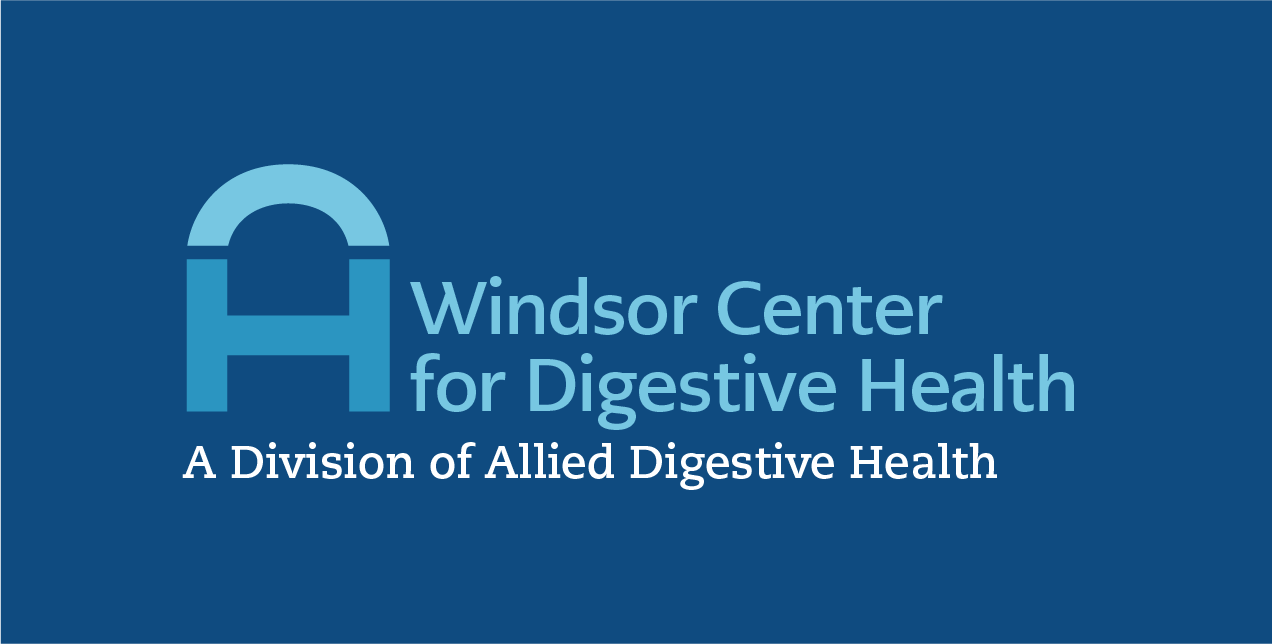The Link Between Allergies and Gut Health

- May 11, 2022
Food allergies have become prevalent in the US and other developed countries. Research shows that about 32 million people in the US suffer from them. They affect people of all ages, including children. Some food allergies are mild and will resolve on their own. However, others are terrifying and life-threatening, such that they can send you to the ER.
Changes in our gut microbiota is considered a possible factor causing increased food allergies. The microbiota is all the bacteria that live in and out of our bodies. Trillions of bacteria live in our intestines, meaning we are 99% microbial. What’s more, they control many physiological processes and impact the function and development of the immune system. Read on to understand more about the link between allergies and gut health.
Does Gut Health Affect Allergies?
Particular foods seem to cause allergic reactions more frequently. These include cow milk, peanuts, soy, shellfish, etc. But could gut health also be affecting allergies? People prone to food allergies tend to have a less diverse community of microbiomes from those without allergies. Unfortunately, many factors could decrease the range of microbiota in the gut. Medications such as antibiotics are a good example. For instance, children who take antibiotics and acid blockers within their first six months of life are at a high risk of experiencing allergic asthma and other reactions.
The same case applies to many of us. Our gastrointestinal tract has a host of healthy bacteria and fungi. However, changes in our gut microbiome make us susceptible to allergies. Besides increasing amounts of antibiotics, low-fiber, sugary and high-fat diets as well as food additives may compromise our gut health, immune cells, and the entire immune system.
What Are Gut Bacteria Imbalances?
Most of the microbiota in the human body positively affect your gut health. Nonetheless, one of these communities of bacteria can lose balance resulting in DYSBIOSIS. This is a situation where your gut bacteria become imbalanced. Usually, the inequality leads to various stomach issues, such as tummy upsets. The condition could be mild and temporary. In most cases, your body will naturally correct the imbalance.
If the allergic symptoms persist, consider seeing a doctor. There are several causes of gut bacteria imbalances. These include:
-
- A change in diet, which may consist of increased food additives, sugars, and fats
- Inadvertently consuming chemicals such as pesticides
- Excessively drinking alcoholic beverages
- Use of medications such as antibiotics
- Poor dental hygiene may encourage an imbalance of mouth bacteria
- High levels of anxiety and stress may weaken your immunity
- Unprotected sex because it exposes you to a host of harmful bacteria
Signs of gut bacteria imbalances include:
-
- Sleep issues
- Constipation, diarrhea, bloating, heartburn, irritable bowel syndrome, and other stomach problems
- Sluggishness
- Fatigue
- Mood disorders such as anxiety and depression
- Weight gain
What’s the Difference Between Allergy and Intolerance?
Reactions to various types of foods are common. You can easily mistake them for allergies. However, most are due to food intolerance.
When you experience an allergic reaction, it implies that your immune system sees the food you have eaten as an invader. Hence, the responses result from your natural defense mechanism protecting your body from the invasion. Food allergy symptoms are as follows;
-
- Vomiting
- Hives
- Throat tightness
- Breathing difficulties
- Coughing
- Hoarseness
Food intolerance will only compromise your digestive system. It causes mild symptoms and will, in most cases, resolve independently. Note that it occurs because your stomach cannot properly digest a particular type of food. The food in question may also cause stomach irritation. Symptoms of food intolerance are:
-
- Gas and Bloat
- Diarrhea
- Headaches
- Stomach pains
- Nausea
- Cramps
Moreover, when you are intolerant to particular foods, you can eat them in small amounts without experiencing any discomfort. You may also choose a variation of the food in question, such as lactose-free milk, in the case of lactose intolerance.
How to Improve Gut Health
Your gut plays an integral role in your overall health. If you want to lead a healthy life and keep allergies and other digestive system issues at bay, you need to prioritize your gut health. That starts with watching what you eat. Part of this involves keeping your microbiota in the right balance.
You can make various changes in your lifestyle and improve your gut health.
Recent studies have shown that a diet rich in fermented food increased microbial diversity and decreased inflammatory markers. Fermented foods, such as kombucha, kefir, fermented vegetables, miso and tempeh, may be valuable in reversing the decrease in microbiome diversity and increased inflammation pervasive in industrialized society.
A fiber-rich diet is also a prerequisite to a healthy gut. It revolves around eating fresh fruits, vegetables, legumes, bread, cereals, nuts, and seeds. At the same time, limit sugars and sweeteners.
Emulsifiers, such as carrageenan, guar gum, egg lecithin, polysorbates are commonly added to foods to create a smoother texture and extend shelf life. These may disrupt the gut microbiome. Avoiding these foods may help reduce gut inflammation by promoting a more diverse microbiome.
Besides watching what you eat, get 8 hours of sleep every night, avoid smoking and excessive consumption of alcohol. Stay physically active by exercising regularly. Also, your gut is closely related to your mental health. Stress can lead to an imbalance of your healthy bacteria. Hence, living an stress-free life is vital. Relax and unwind when you are under pressure to keep stress and anxiety at bay.
When Should I Contact a Gastroenterologist?
Given the link between allergies and gut health, it’s crucial to consult gastroenterologists who are medical experts. They deal with a host of conditions and diseases, including allergies. Contact one if you eat something and develop frightening and persistent symptoms such as stomach ache and breathing difficulty.
In case you have been experiencing a disturbing immune reaction for a long time after eating various foods, consult a gastroenterologist for further examination. The specialist will get to the bottom of the matter and help you bring it to an end.
Allied Digestive Health is a multi-specialty group that works together to ensure you are healthy. Our team consists of board-certified doctors in gastroenterology and hepatology. Contact us today for any health problems related to your digestive system.
Footer
© All Rights Reserved


